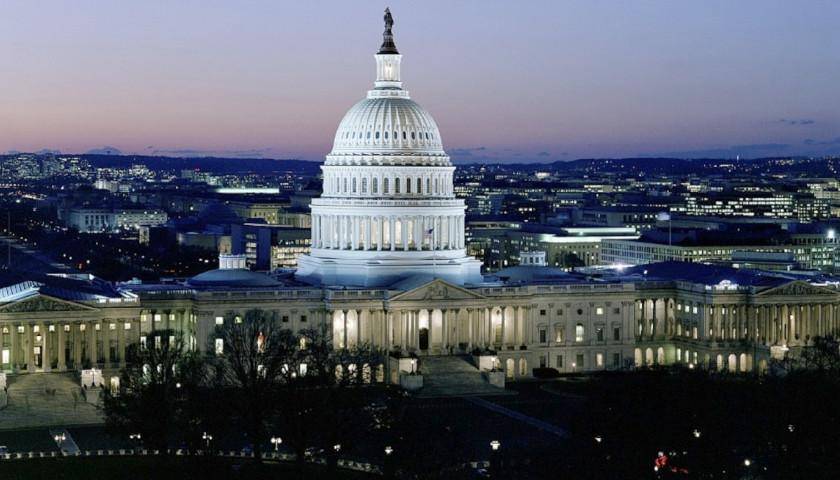Those who would abolish religion and prohibit the free exercise thereof, are themselves religious. Those who would replace religion with the cult of reason, and sacrifice the soul before the altar of science, are unreasonable in the extreme: they are political extremists whose religion is politics.
This religion, with contempt for one nation under God, is in opposition to our civil religion. This religion, with contempt for the idea of God, that God exists, that God is true, that God is just, is without mercy. This religion, with contempt for the sons of Abraham, and of all who are children of God through faith, is a declaration of war against Jews and Christians
Read More

